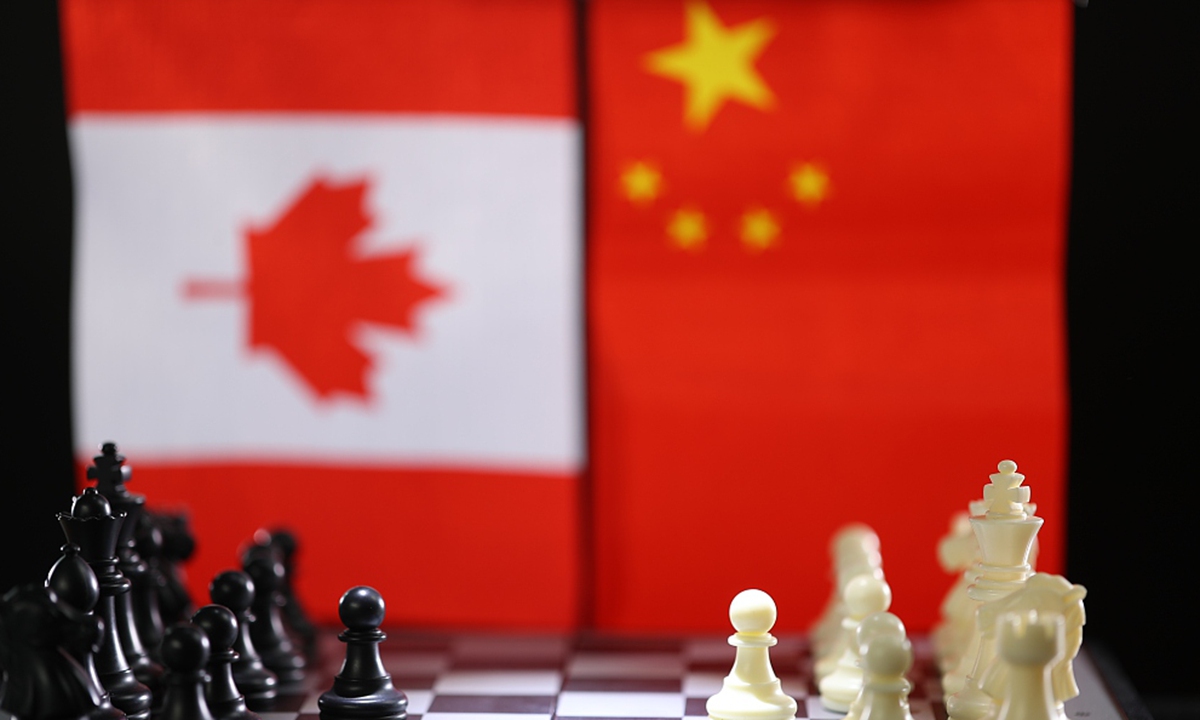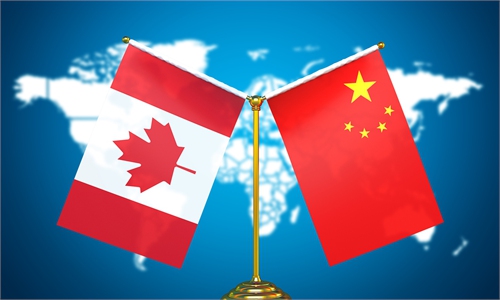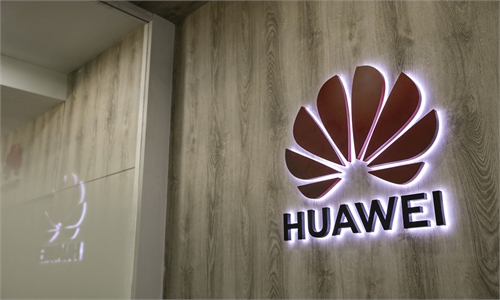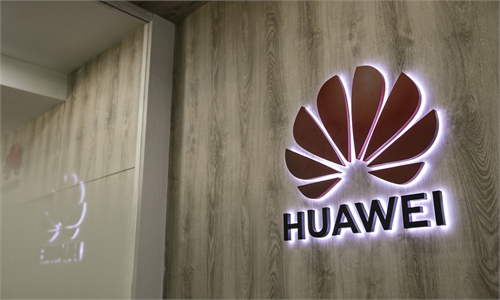GT Exclusive: 'Major issue' resolved in China-Canada ties with Meng's release: Canadian envoy

Photo: VCG
Chinese and Canadian officials on Wednesday struck a rare positive tone on the prospect of the bilateral relationship after nearly three years of diplomatic tension, saying that the biggest hurdle for bilateral ties has been removed after the safe return of Meng Wanzhou to China several weeks ago.
However, officials also acknowledged lingering challenges for the bilateral relationship. As Canada is reportedly close to a decision on whether or not allow Huawei to participate in its 5G development, a senior Chinese official also called on Ottawa to provide a better environment for Chinese firms.
Speaking at the 43rd Canada-China Business Council (CCBC) business dinner held in Beijing on Wednesday via video link, Chinese Vice Minister of Commerce Wang Shouwen said that Meng's return to China tore down the "biggest hurdle" between China and Canada, but that does not mean bilateral ties will resume automatically.
"Relations between countries should be based on mutual respect and benefit. We hope the Canadian side can meet China halfway, eliminate interferences and take a rational and pragmatic dialogue policy," Wang said, urging Ottawa to "create conditions to put bilateral ties back on track."
Wang also called on the Canadian side to resist protectionism and create a better environment for Chinese companies, including Huawei.
Citing Prime Minister Justin Trudeau, Reuters reported on September 29 that Canada's decision on whether to ban Huawei from the build-out of 5G telecommunications networks, as all the other members of the so-called Five Eyes intelligence-sharing alliance have done, is likely to be made in the "coming weeks."
According to the report, his comments about the decision, which has been under study for about three years, were the first since Huawei's Meng was freed from house arrest in Vancouver.
In an interview with the Global Times on the sidelines of the dinner on Wednesday, Canadian Ambassador to China Dominic Barton did not provide further details on the upcoming decision, but he also spoke positively about the bilateral relationship after Meng's release.
"What I just think we should reflect on is we've not saying we've solved all the problems. We've still got lots of issues, but a major emotional issue is now off the table," said the ambassador.
"We should be happy that the major issue has been resolved, and that's good," said Barton, stressing that he is positive on bilateral ties, though disputes remain. He even cited a Chinese poem to describe the relationship after Meng's case: "There are high mountains, wilding rivers and you can lost, but in the shade of the willow tree, you can see the bright flowers and villages on the horizon."
He added that "in a relationship there's always be mountains and rivers, but let's always keep in mind the bright side, when we walk through all these issues," calling for formal and direct discussions.
Wang also noted that there is no historical entanglement between China and Canada and there is no actual conflict of interest, adding that a sound and stable China-Canada relationship is in the common interests of both parties.
Chinese investment in Canada has created almost 30,000 jobs in the country, and has greatly promoted local economic growth and employment, while Huawei's hiring of local research and development staff jumped by 25 percent, reaching 1,500, despite the COVID-19 pandemic, according to Wang.
Economic and trade cooperation has always been the most active driving force between the two countries, which has also demonstrated strong resilience amid the pandemic, Wang said.
Two-way trade reached $76 billion in 2020, up by 2.5 percent year-on-year and trade with China accounted for 10 percent of Canada's foreign trade, according to data from Statistics Canada.
In the first nine months of 2021, bilateral trade has gone up by 31 percent year-on-year, with China's imports from Canada growing by 37 percent year-on-year, according to Wang, who also called for more cooperation in green and digital economies and climate change.




